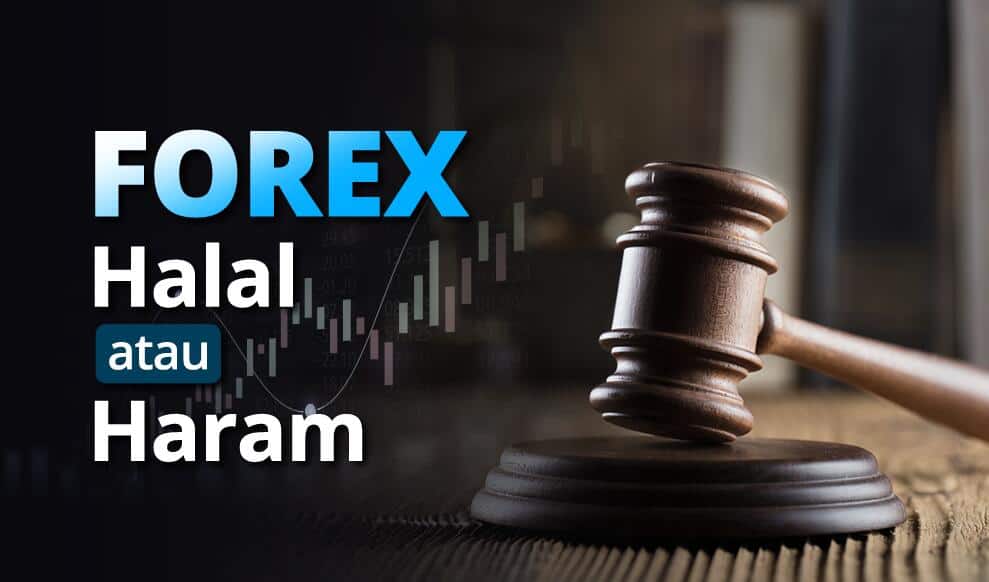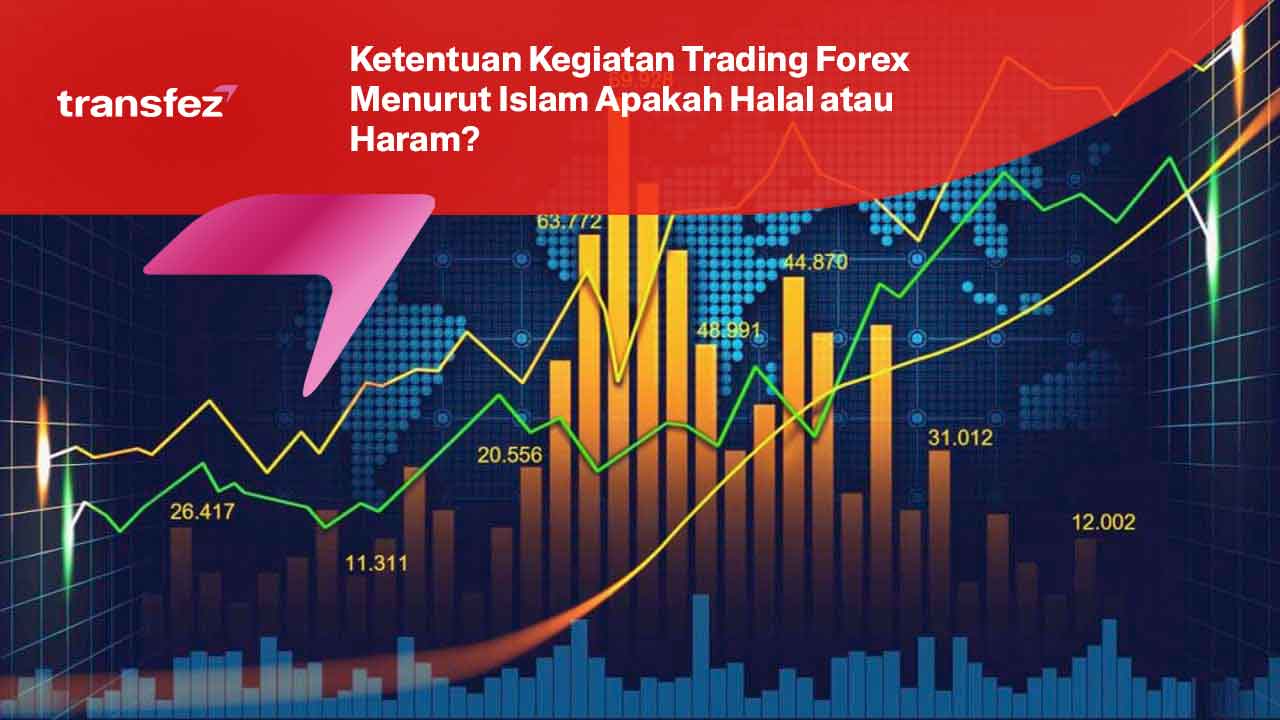Forex Trading Halal Atau Haram Dalam Islam

The air in the bustling Jakarta coffee shop hung thick with the aroma of roasting beans and hushed conversations. Across small tables, individuals hunched over laptops, their faces illuminated by the glow of trading charts. Among them, a young man, Imam, nervously adjusted his prayer beads as he watched the fluctuating value of the Euro against the US dollar. He, like many other Muslims, wrestled with a fundamental question: Is Forex trading permissible under Islamic law?
At the heart of this debate lies the question of whether Forex trading, with its inherent leverage, interest (riba), and speculative nature (gharar), aligns with the principles of Sharia. This article delves into the complexities of this issue, exploring the varying perspectives of Islamic scholars and offering insight into the conditions under which Forex trading might be considered halal, or permissible, in Islam.
Understanding the Core Concerns
The primary concerns around Forex trading and its compatibility with Islamic finance stem from several key elements. These include the presence of riba (interest), which is strictly prohibited in Islam, and gharar (excessive uncertainty or speculation), which is discouraged as it can lead to unjust enrichment.
Leverage, a common tool in Forex trading that amplifies both profits and losses, is often viewed with suspicion. This is because it can exacerbate the risk of gharar. Additionally, the concept of "rolling over" positions overnight, which often involves interest charges, presents a direct conflict with Sharia principles.
Differing Scholarly Opinions
Islamic scholars hold diverse opinions on the permissibility of Forex trading. Some scholars view all forms of Forex trading as haram (forbidden) due to the inherent presence of riba and gharar. They argue that the speculative nature and the potential for excessive risk-taking make it incompatible with Islamic finance principles.
However, other scholars adopt a more nuanced approach. They suggest that Forex trading can be permissible under specific conditions that mitigate the risks of riba and gharar. These conditions often involve using Islamic Forex accounts, also known as swap-free accounts.
Islamic Forex Accounts: A Potential Solution?
Islamic Forex accounts are designed to comply with Sharia principles by eliminating interest charges on overnight positions. Instead of earning or paying interest, these accounts often involve alternative fee structures.
Furthermore, some scholars emphasize the importance of engaging in Forex trading with a genuine intention to exchange currencies for legitimate purposes, rather than purely for speculative gain. This could include businesses involved in international trade that need to manage currency risk.
"The intention behind the transaction is crucial," explains Sheikh Ahmad, a prominent scholar specializing in Islamic finance. "If the purpose is genuine exchange and not mere speculation, and if the transaction avoids riba, then it may be considered permissible."
The Role of Regulation and Transparency
The permissibility of Forex trading also hinges on the regulatory environment and the transparency of the trading platform. Reputable brokers operating under strict regulatory oversight are generally preferred, as they are more likely to adhere to ethical and transparent business practices.
Moreover, Muslims engaging in Forex trading are encouraged to conduct thorough research and seek guidance from knowledgeable Islamic scholars to ensure their trading activities align with Sharia principles. It's about making informed decisions based on religious understanding and ethical considerations.
The National Sharia Council of Indonesia (Dewan Syariah Nasional - Majelis Ulama Indonesia, or DSN-MUI) provides guidance on Islamic finance matters, though specific rulings on Forex trading can vary. Consulting with local religious authorities is often recommended.
A Path of Prudence and Faith
Navigating the complexities of Forex trading within the framework of Islamic law requires careful consideration and a commitment to ethical financial practices. While opinions may differ among scholars, the underlying principle remains the same: to avoid riba, minimize gharar, and engage in transactions with honest intentions.
Ultimately, the decision of whether or not to engage in Forex trading rests with the individual Muslim, who must weigh the available information, consult with religious authorities, and make a choice that aligns with their faith and conscience. It's a journey of seeking both financial success and spiritual peace.


















